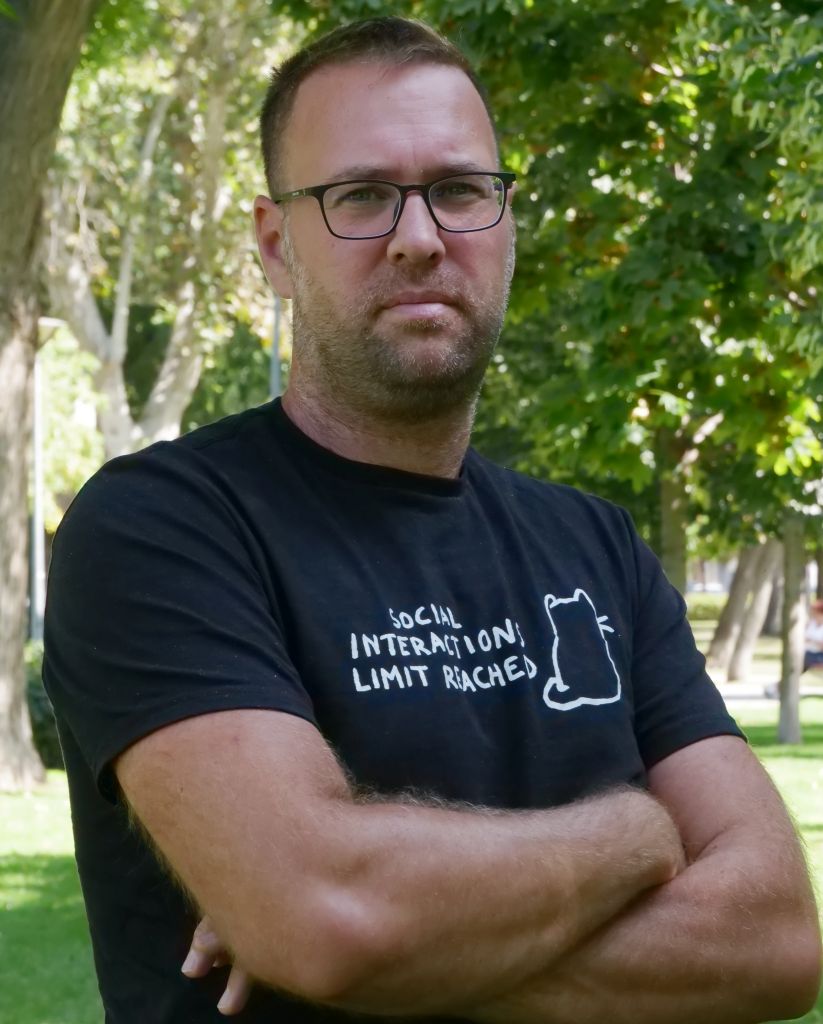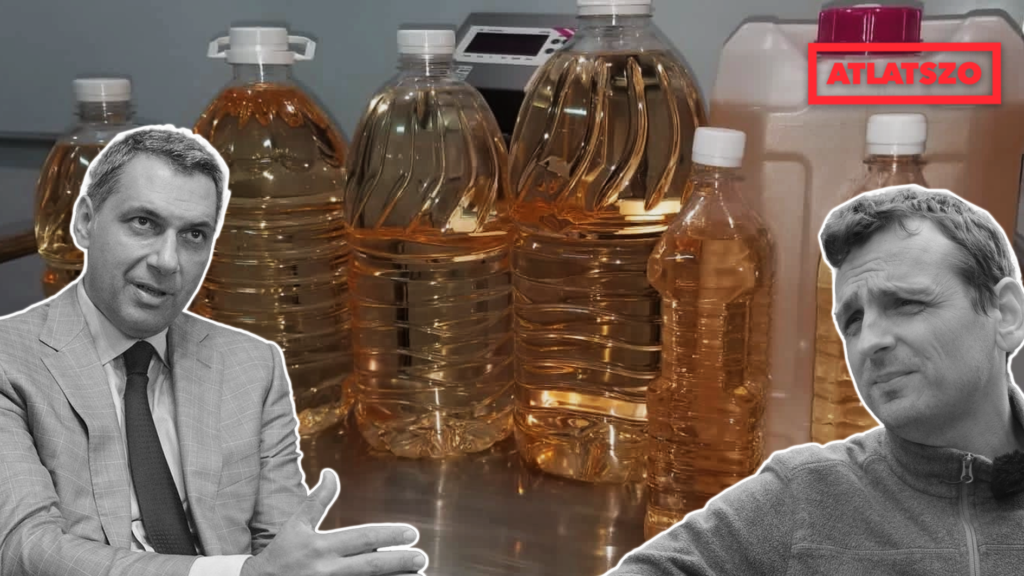The https://english.atlatszo.hu use cookies to track and profile customers such as action tags and pixel tracking on our website to assist our marketing. On our website we use technical, analytical, marketing and preference cookies. These are necessary for our site to work properly and to give us inforamation about how our site is used. See Cookies Policy
Business owner files lawsuit against the state over waste management concession halting used cooking oil collection
Sándor Juhász has built his own collection points and spent nearly HUF 5 million over the past two years to set up his small business. By the time the business was up and running, the state had concessioned waste management and Mr. Juhász was too small to be contracted. He was out of work and is now seeking compensation from the state for his financial loss. Video report from Fajsz, near Kalocsa.
“MOL is convinced that creating a well-managed circular economy is not only an obligation but also an economic opportunity for Hungary. The Group’s strategic goal is to unify its waste management activities and to contribute effectively to the strengthening of the circular economy in Hungary and the region. MOHU was established for this purpose and won the state concession for the consolidation and development of waste management in Hungary,” the oil company, now also a waste management company, says on its website.

July 1, 2023 fundamentally changed the relationship with waste, with Radio Free Europe/Radio Liberty reporting after the launch that “under the new system, they can only essentially work as wage labourers, subcontractors of MOHU for the waste covered by the concession”, a reason for protests. By the autumn, g7.hu also revealed that recycling had fallen off in the faltering start-up system.
But the rubbish is still taken away, and the public is unlikely to notice any change. At most, those who have been squeezed out of the market by the state concession. One such small one-man business owner is Sándor Juhász, who collected used cooking oil. But now he is in trouble, with loans to pay off and no income.
He has sued the state. Our video shows,
- how he started collecting oil,
- how his life changed after the state’s decision,
- what he expects in court,
- how the amount of cooking oil collected has changed over the years,
- why it is important to collect oil,
- what has happened to the compensation of fishermen who have also been made unemployed.
Video report from Fajsz, near Kalocsa.
This is not the first time that a government decision has adversely affected entire professions. In 2016, the legislator banned commercial fishing on rivers on the grounds of protecting fish stocks, while data show that since 2013, anglers have caught far more fish in the open waters than professional fishermen. After 2016, János Lázár repeatedly promised that the government would settle the fate of fishermen who had lost their jobs, but nothing has happened and those affected have not been compensated.
Translated by Zita Szopkó, subtitle by Vanda Mayer. The original, Hungarian version of this story was written by Csaba Segesvári and can be found here. Video by Bence Bodoky.

